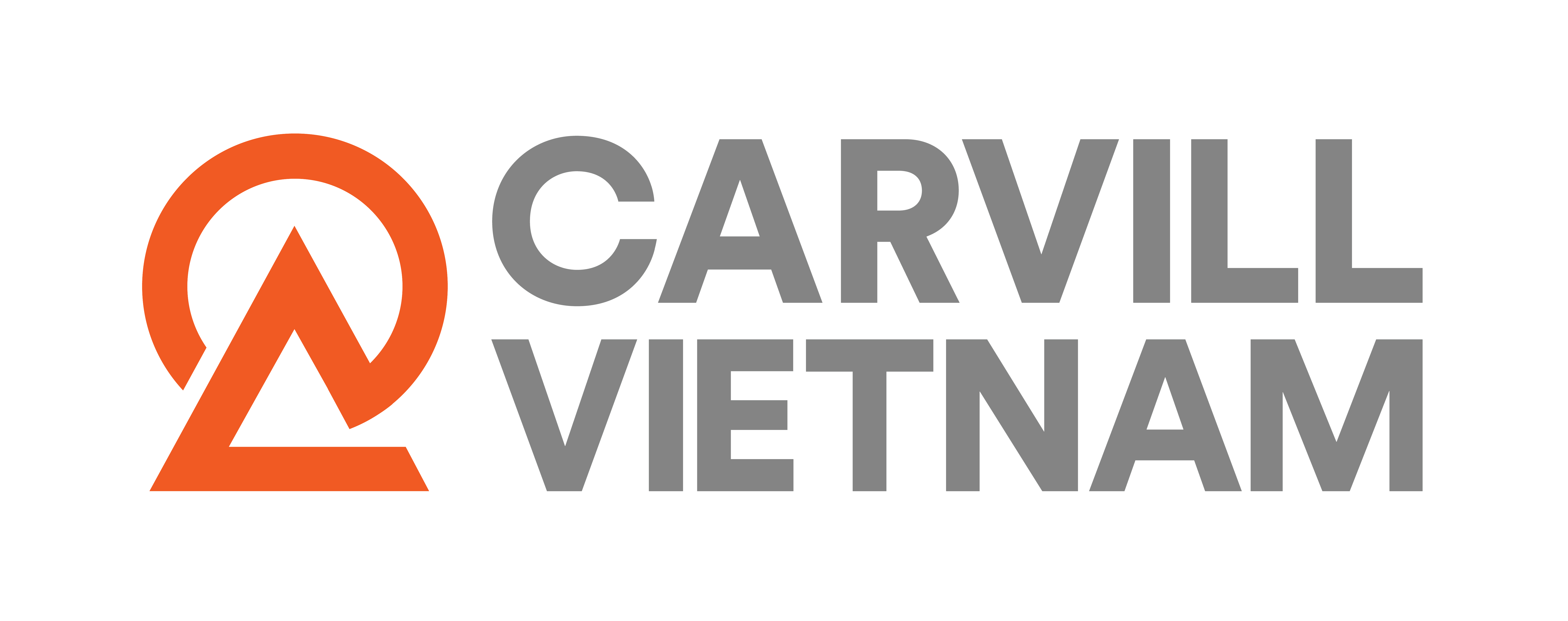The ‘always-on’ culture needs a break
It’s not humanly possible for any one person to always be ‘on’ and in work mode. You read stories about business entrepreneurs who only need three hours of sleep, and that maybe is possible for a small fraction of their life, but everyone burns out eventually. In 2019, research indicated the average person’s working life is 39 years – for the longevity and protection of people’s mental and physical health, and business success, people need time off.

Momentum on cultivating higher levels of compassion in the workplace to promote improved wellbeing
However, this has become harder to encourage as the increasingly remote working model has blurred the lines between work and home. As much as the advancement of tech has been positive, it’s also led to making us feel like we need to be available 24/7 because we can be reached wherever and whenever. But just because we can be, doesn’t mean we should be.
The past year should have given companies invaluable insights into their employees, creating greater understanding and trust in how they work. At a time that has been inexplicably stressful for so many, people have never just ‘forgotten’ about their job, even at times when it would have been totally understandable. Trust between employers and employees should be in a strong position, allowing open dialogues to occur around what is needed as an individual person to reach maximum fulfilment in life, and therefore efficiency at work.
Building on the trust and deeper knowledge of our teams, we wanted to empower our employees and support them further by introducing Time Well Taken. It’s an open time-off plan that gives employees the chance to take the time they need, when they need it, removing outdated controlled paid time-off policies that restrict your life instead of enhancing it. Each employee becomes the master of their own time – making the most of it in and out of work.
The rewards of time off cannot be underestimated. We hope the scheme helps employees improve their health, reduce stress, gain mental clarity, and build better relationships so they feel they can live a full life on their terms. The last year has taught us you can’t put a value on being happy and healthy.
We often ‘sell a dream or image’ as part of the marketing and advertising industry, but enjoying your work should be a reality that’s made possible by a company’s culture and structure. Giving employees a safe space and time on a regular basis allows for creativity and innovative thinking. Not only is there an immediate change in employees’ positivity and attention, but long-term employee retention is higher. Numerous studies have been done is this area linking happiness, productivity and employee retention, such as this piece in Forbes. It makes both common sense and business sense.
The outtake of the past year should be higher levels of compassion to make sure people take care of themselves, take breaks and find a working balance so that people get the best from their companies and companies get the best from their people. Leaders need to take responsibility for looking after an employee’s whole self. Once you fully know someone you can get the best from each employee. The rewards of time off cannot be underestimated.



 Print the article
Print the article



